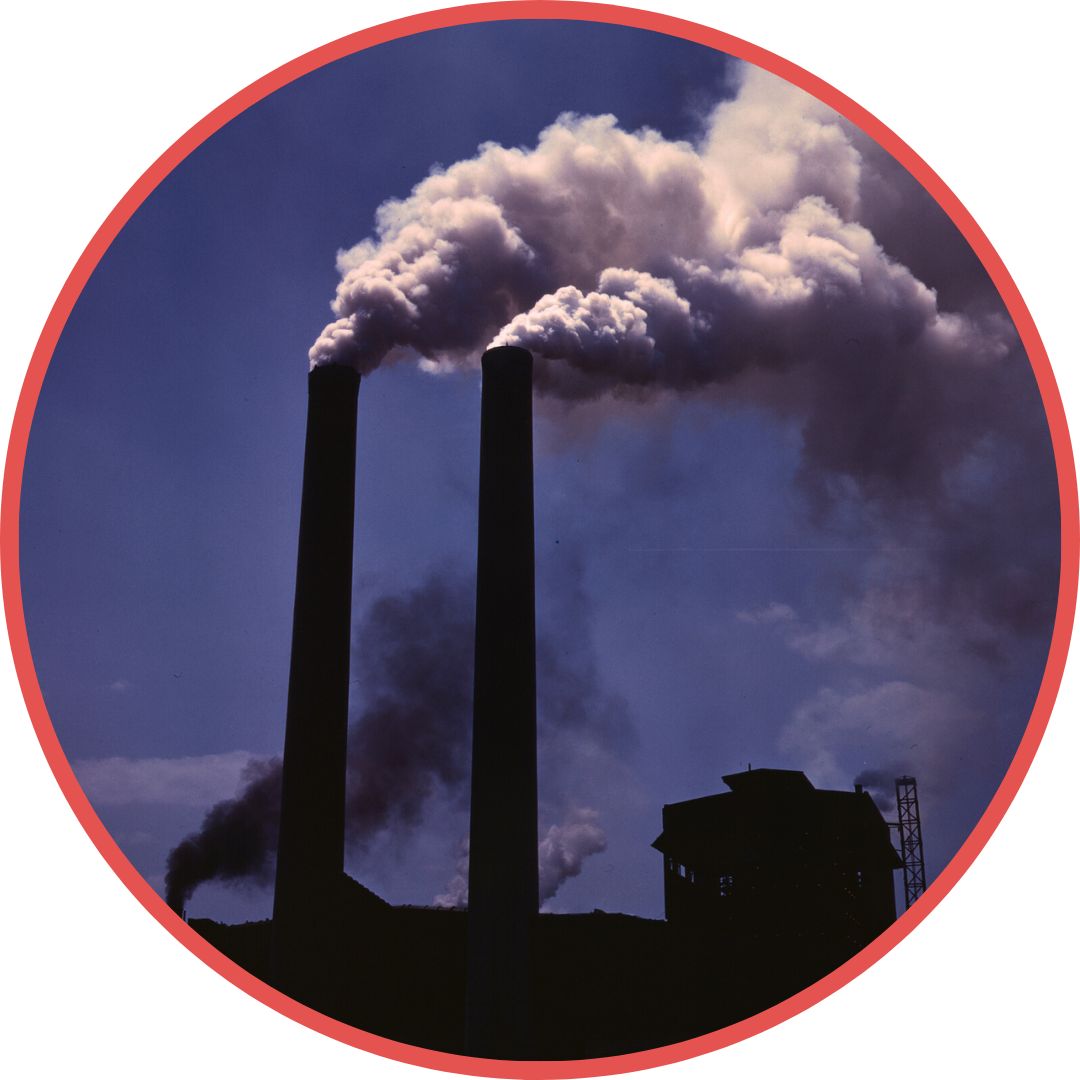Air Pollution refers to the presence of harmful substances in the Earth's atmosphere, which can have detrimental effects on human health, the environment, and the climate. These substances, known as pollutants, can be natural or man-made and are typically present in the air at higher concentrations than normal, leading to a range of health and environmental problems.
Common air pollutants include particulate matter (PM2.5 and PM10), nitrogen oxides (NOx), sulfur dioxide (SO2), carbon monoxide (CO), volatile organic compounds (VOCs), and ground-level ozone (O3). These pollutants can originate from various sources, such as vehicle emissions, industrial activities, burning of fossil fuels, agricultural practices, and natural events like wildfires and volcanic eruptions.
Air pollution is a major global health issue, contributing to respiratory and cardiovascular diseases, lung cancer, and other serious health conditions. It is particularly harmful to vulnerable populations, including children, the elderly, and those with preexisting health conditions. According to the World Health Organization (WHO), air pollution is responsible for millions of premature deaths each year worldwide.
Efforts to combat air pollution involve a combination of regulatory measures, technological advancements, and public awareness campaigns. Governments and organizations around the world are working to reduce emissions from vehicles, industries, and other sources, while promoting cleaner energy and sustainable practices.
In November 2019, BOOM investigated a viral photo that was claimed to show Manoj Tiwari bursting firecrackers recently.
BOOM found that the photo was actually from 2014, when Manoj Tiwari was celebrating Chhath Puja. The image was misleadingly shared out of context, falsely suggesting it was a recent event.
No results
No result found for your request.
Sorry, but no results found for your request. Please try different category or search.
Go to Home Page











